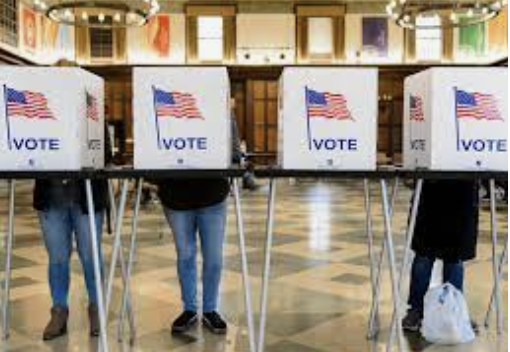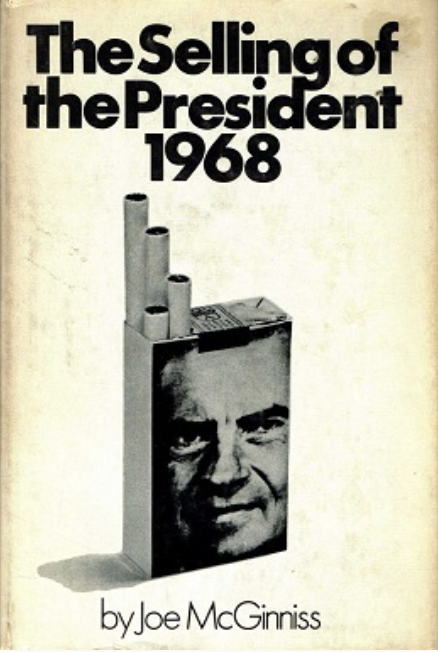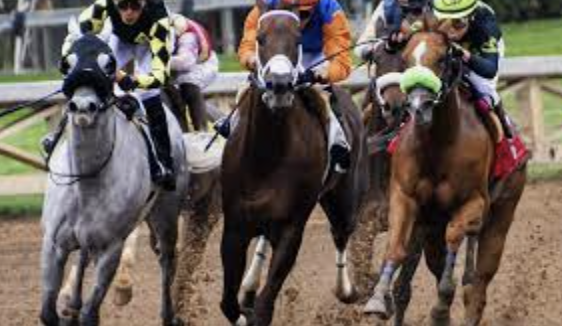I used to enjoy watching horse races and listening to them on television.
The announcers did such a good job of telling us who was winning, who was fading and who was coming from behind.
Races nearly always lasted less than three minutes, and once they were finished, there might be analysis of why the winner won and why various losers lost.
It was all very enjoyable … until the announcers changed their style. Instead of describing how the race was progressing, they started talking about the lineage of the horses, about their strengths and weaknesses, about how they had done in other races.
Then, after the race was over, they talked about what had happened during the race.
It just didn’t work.
Of course that never happened, at least not with horse races.
But the purpose of that story is to explain what a disaster it is that the way we cover politics changed in exactly the opposite way over the last 60 years or so.

Back in the day, when network news shows were 15-30 minutes long and there were no cable news channels, election coverage was about where candidates stood on the issues and where they stood vis-a-vis each other. The opinions of the people writing the news and reading it on the air didn’t come into play.
News was all about news in those days. If you saw opinion on a television news show, it was a minute or less near the end of the broadcast and clearly labeled as opinion. If you saw it in a newspaper, it was on the editorial page or the op-ed page.
The rest was straight news.
Impartial news.
When did it change?
It started in the 1968 election, the election in which Republicans first decided to use modern advertising methods to sell Richard Nixon to American voters.

The whole analysis thing started with the presidential debates. After 1960, when the debates probably cost Nixon the election, he refused to debate in 1968 or 1972. But when they resumed in 1976, all of a sudden the big deal was the postdebate analysis, when smart people told us what we had seen and what it meant.
It was the 1980s, when the 24-hour cable news channels came along, that political journalism really went off the tracks. With 24 hours a day to fill, not only did the news get overreported, all of a sudden an awful lot of the time was going to analysis.
And the problem with analysis is that the person doing the analysis doesn’t just explain, he preaches.

And now we no longer do real news. We no longer do factual stories discussing where a candidate stands on a particular issue. Instead we get constant stories about how many seats one party may gain or the other may lose, and what it means to our politics.
Just another horse race.
